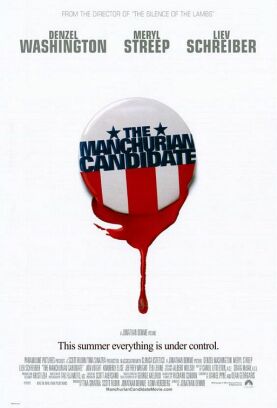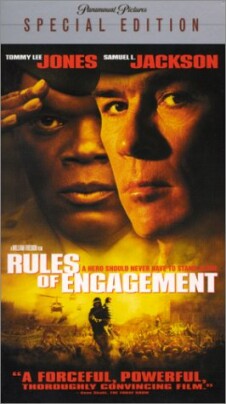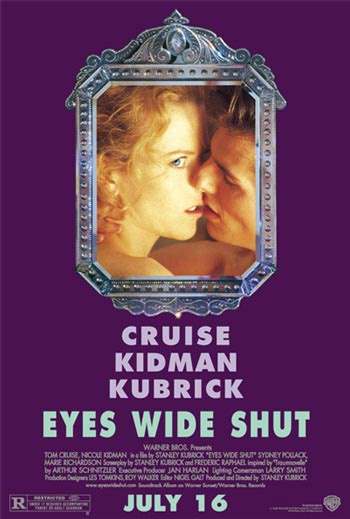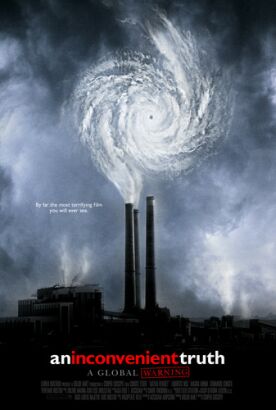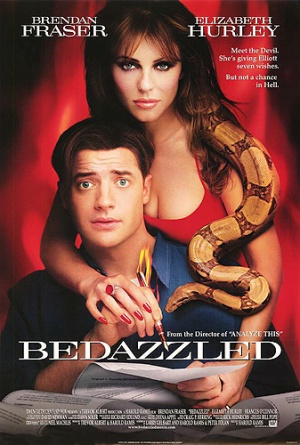Manchurian Candidate, The (2004)
T.S. Eliot famously declared Hamlet to be “an artistic failure” because the play lacked an “objective correlative” for the emotion it generated. In other words, though we might be momentarily fascinated by the gusts and eddies of feeling sweeping across the psyche of the title character, we never learn quite what is producing them. If there is a similar failing among thrillers, Jonathan Demme’s remake of The Manchurian Candidate, which transplants the setting from the Korean War and its aftermath to the first Gulf War and its aftermath, is a terminal sufferer. Back in 1962 when John Frankenheimer (director) and George Axelrod (screenwriter) made the original version out of Richard Condon’s novel, everybody knew where to find the mainspring of the action. It was those diabolical communists, who really were capable of any human outrage in the name of their projected utopia. “Brainwashing” by means of a particularly powerful form of hypnosis might or might not have been real — looking back, it appears to have been pretty much of an urban legend of the Cold War — but if it had been real, those reds, both of the Chinese and of the Soviet varieties, would certainly not have scrupled to use it against good American boys.
Though we may otherwise regard the end of the Cold War as a Good Thing, it has undeniably left poor Mr Demme and his brace of screenwriters, Daniel Pyne and Dean Georgaris, embarrassingly short of plausible villains. Not only is the brainwashing technique updated to involve the implantation of computer chips in the brain — and, for some reason, the back — but the evil geniuses who do the deed are a motley collection of the tiredest kinds of movie villains: a corrupt senator (Meryl Streep), a white South African scientist/war criminal (Simon McBurney) and some shadowy businessmen from a multinational corporation called Manchurian Global. Well, it’s one way to save the title. But what do these people stand to gain from their unbelievably elaborate plot to put their specially-designed automaton (Liev Schreiber) in the White House? A few million dollars extra on the corporate bottom line? Oh, come on! It’s hardly worth the trouble and expense. Even the Bond villains, like the commies of old, were always playing for world domination.
Most remarkably, though the film is obviously set in a post 9/11 world where not only are both parties running on security issues but there seem to be frequent successful attacks on the homeland by suicide bombers, never once is Islamic extremism so much as mentioned. As a result, our sense of inhabiting not the world of power and politics as it really is but some goofy and all-too-recognizable movie-land — a sense already powerful on account of the familiar villains and the even more familiar hero (Denzel Washington), an obvious paranoiac who turns out to be, like all movie-paranoiacs, right — becomes inescapable. Why not mention the real enemy? Part of the reason is doubtless the fashionable leftism of Hollywood which, like Michael Moore, prefers to blame the terrorist threat on anyone but the terrorists, but especially on George W. Bush and Dick Cheney. Thus Manchurian Global is made up to look like Halliburton while Miss Streep’s corrupt senator, though she may resemble Hillary Clinton, is really a John Ashcroft type, supposed to be seeking a curtailment civil liberties for her own purposes and not for any genuine security concerns.
But there is also here, as the 9/11 Commission said there was in the security bureaucracy, a broader failure of imagination. Take that business of the computer chips. “These are not supposed to exist!” says Mr Washington’s Albanian (!) scientific adviser, amusingly played by the great Bruno Ganz. In other words Manchurian/Halliburton, the Bush league SMERSH whose agents are everywhere, even in the Senate, even in the Secret Service, also has the technological upper hand — just like all those comic book villains (including the communists) of the 1950s. Yet the interesting thing about the world of 2004 is that it is the defenders of the USA, presumably the good guys, who have the Lex Luthor or Dr No arsenals and the people who are trying to kill us who have to rely on their humble faith in God and country — or that and a lot of mostly low-tech high-explosives. Nowadays when Americans fear terrorism, it isn’t in the form of “brainwashing,” which just looks quaint, but in the form of suicidal fanaticism. Reason and science are opposed to the dark forces of the unconscious, not in league with them. Wouldn’t an imaginative thriller writer realize that there are more thrills in such a scenario, more chance of tapping into people’s real fears, than in yet another reworking of the mad scientist trope whose movie-fashionability dates back to the 1920s or before?
At any rate, these thriller writers don’t.
Discover more from James Bowman
Subscribe to get the latest posts to your email.

